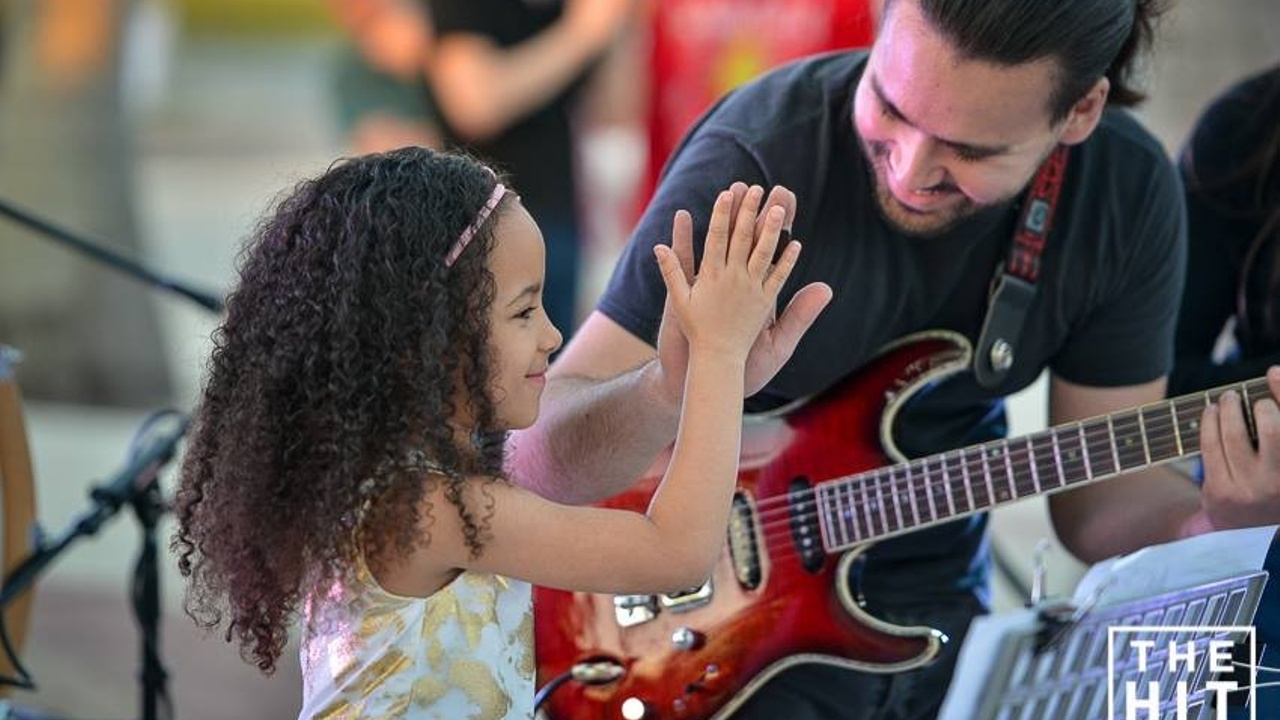Your child is not practicing! This might be why! - Music lessons tips for parents

The saying "practice is the mother of all skills" holds particularly true in music. Is your child not practicing enough or at all? Please continue reading for our best advice on how to change this quickly and easily.
In this article, we’ll discuss:
- Why is your child not practicing?
- How often should my child practice?
- What does a practice routine look like?
- What happens when you take lessons without practicing regularly?
- Additional resources to ensure accountability in your child's practice routine.
Why is your child not practicing?
Having goals in life is great! But without a proper habit to work on our goals, most of us tend to fail at our efforts to change our lives for the better. It takes deliberate actions to create these habits. Many kids find it difficult to sit down for long periods of time, especially if they aren’t yet invested in what they are learning. However, when kids start to see the progress that comes with consistent practice, it leads to more growth and a strong desire to learn. In order to build this positive habit of practicing on a regular schedule, there are a few strategies parents can use.
The first step to building any habit is to sit down with your child and agree to a practice routine that works for their schedule. Read on to see how to create a suitable schedule for your child.
How often should my child practice?
Music needs repetition. We recommend at least three practice sessions per week for all students regardless of the instrument. The interval of practice can be short, but it is critical that you set up a consistent time, place, and day for the practice to happen. If your child has no time to set up at least two practice sessions per week, you might want to reconsider taking music lessons altogether as it is likely that your child won't see any meaningful progress. To learn more about the effects of not practicing, head down below to the section titled “So what happens when your child takes lessons without practicing?”
We would also recommend spacing out the practice routine evenly; for example, schedule practice times on Mondays, Wednesdays, and Fridays to allow the child to have time for other activities and maximize the benefits of having a routine.
What does a practice routine for music lessons look like?
We recommend a minimum of 15 minutes for each practice session. Avoid high traffic areas in the house and distractions like a TV or cell phone. Most students benefit from some privacy while practicing, which can lead to some important discoveries even if the material is not being covered perfectly. (Which, by the way, leads us to this: mistakes can be GOOD! Allow your child to make mistakes and we will provide that space for conversation with the instructor). It is essential that when practicing, the student goes directly into the material that is challenging for them and avoids revisiting songs or exercises that have already been covered extensively.
So what happens when your child takes lessons without practicing?
One or two weeks without practicing won't necessarily make the lessons discouraging; we truly understand our students have busy lives with lots of extracurricular activities. But when a child takes months of lessons without practicing at home, the classes will become extremely discouraging as our methods are designed to continue moving the child forward. Without a regular practice routine, the student will get stuck. While we have extra materials, it will be incredibly challenging to spend weeks or months revisiting the same lesson over and over.
So what else can we do to help the child be more motivated at practicing?
- Use a timer! A child may be more efficient while practicing if they know they are spending 15 to 20 minutes working on skills learned in class while experiencing the satisfaction of seeing a timer counting down.
- Download our monthly practice routine journal. We created a free resource for our students to hold themselves accountable in their practice time. This simple one-page document can help parents keep track of the material they covered in their practice sessions and see overall trends in the time spent practicing.
- Sign up your child to perform or rehearse with others. Famous jazz pianist Duke Ellington once said, "Don't give me time, give me a deadline." Working under pressure has proven to have positive effects for people who experience it. Having a clear deadline for an upcoming performance is a huge component of any successful music education program. Our student bands, jam sessions, and concerts might be a great way to get your child signed up for a productive experience with others to reinforce their musical progress.
